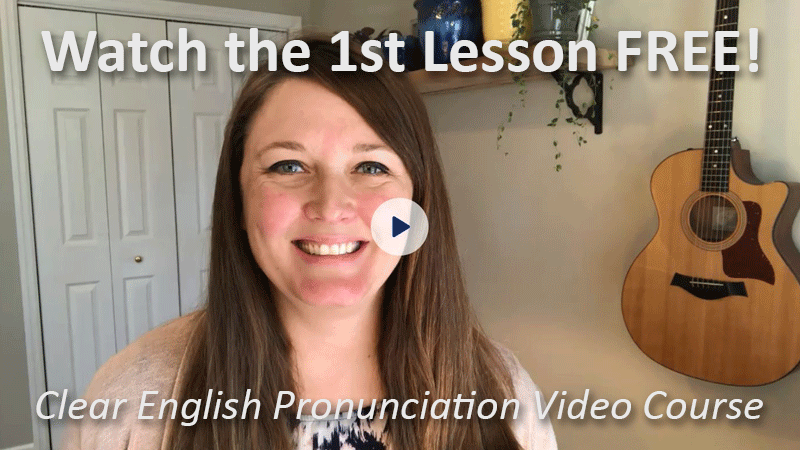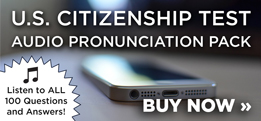
What are the 8 parts of speech?
There are 8 parts of speech in English. Parts of speech are the different categories of words that are used (nouns, verbs, adjectives, adverbs, pronouns, prepositions, conjunctions, and interjections). The following is an overview of the parts of speech that are found in English.
#1 – NOUN
A noun refers to a person, place, thing, or idea. Nouns can be used as subjects or objects in a sentence.
Examples of nouns:
person: husband, clerk, boss, Anna, neighbor
place: store, church, Grand Canyon, restaurant
thing: mailbox, meeting, laptop, caterpillar, Microsoft
idea: love, care, freedom, anger, kindness
#2 – VERB
A verb is used to show an action or a state of being. Verbs also express the time frame and aspect of the action or state of being.
Examples of verbs:
Simple Present: go, live, eats, work, consider, am
Simple Past: went, lived, ate, worked, considered, was
Simple Future: will go, will live, am going to eat, will work, am going to consider, will be
Present Progressive: is going, are living, am eating, is working, are considering
Past Progressive: was going, were living, was eating, was working, were considering
Future Progressive: will be going, will be living, will be eating, will be working, will be considering
Present Perfect: has gone, has lived, have eaten, has worked, have considered, have been
Past Perfect: had gone, had lived, had eaten, had worked, had considered, had been
Future Perfect: will have gone, will have lived, will have eaten, will have worked, will have considered, will have been
Present Perfect Progressive: has been going, has been living, have been eating, have been working, have been considering
Past Perfect Progressive: had been going, had been living, had been eating, had been working, had been considering
Future Perfect Progressive: will have been going, will have been living, will have been eating, will have been working, will have been considering
#3 – ADJECTIVE
Adjectives are used to modify, describe or specify a noun or pronoun. Adjectives often come directly before the noun or pronoun it is specifying.
Examples of Adjectives:
boring, ancient, aggressive, polite, good, kind, dirty, memorable, murky, pointless, silky
#4 – ADVERB
An adverb is used to modify or describe a verb, adjective or other adverbs. You can often identify an adverb by its -ly ending. Even though not all adverbs end in -ly, many of them do.
Examples of Adverbs:
severely, constantly, readily, carefully, well, soon, very, instantly, steadily
#5 – PRONOUN
A pronoun is used as a substitute for a noun or phrase.
Examples of pronouns:
me, you, he, she, it, everyone, himself, their, them, whom
#6 – PREPOSITION
Prepositions are used before nouns to form a phrase that shows relation to space, time, or role
Examples of prepositions:
above, behind, of, over, within, against, during, through, toward, past, outside
#7 – CONJUNCTION
Conjunctions are connectors that join clauses, sentences, or words together
Examples of conjunctions:
and, also, but, for, so, because, however, while, nor
#8 – INTERJECTION
Interjections are used to show surprise or emotion. They often stand alone in their own sentence and use an exclamation point.
Examples of interjections:
Yikes! Whoa! Holy Smokes! – For a massive list of interjections, click here.


